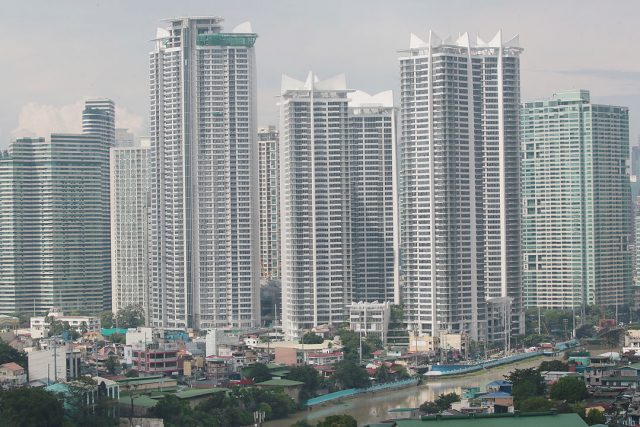By Luisa Maria Jacinta C. Jocson, Reporter
THE BANGKO SENTRAL ng Pilipinas (BSP) may cut rates for the first time in nearly four years at its policy-setting meeting this week, according to a majority of analysts polled by BusinessWorld.
A BusinessWorld poll conducted last week showed that nine out of 16 analysts surveyed expect the Monetary Board to deliver a 25-basis-point (bp) rate cut at its meeting on Thursday (Aug. 15), bringing the target reverse repurchase (RRP) rate to 6.25% from the current over 17-year high of 6.5%.
On the other hand, seven others expect the BSP to keep rates steady this week.
 The last time the BSP reduced rates was in November 2020, when it delivered a 25-bp cut and brought the key rate to 2% to support economic recovery amid the coronavirus pandemic.
The last time the BSP reduced rates was in November 2020, when it delivered a 25-bp cut and brought the key rate to 2% to support economic recovery amid the coronavirus pandemic.
From May 2022 to October 2023, the BSP hiked borrowing costs by 450 bps.
Analysts said that the central bank will likely take into consideration the second-quarter gross domestic product (GDP) growth data, which reflected “anemic” household spending amid high interest rates and elevated inflation.
“We expect the BSP to cut the RRP by 25 bps on Aug 15. We think the BSP took note of the components of second-quarter GDP growth showing a sustained weakness in household consumption demand and sustained anemic performance of private construction,” Bank of the Philippine Islands Lead Economist Emilio S. Neri, Jr. said.
Philippine GDP expanded by 6.3% in the second quarter, faster than 5.8% in the previous quarter and 4.3% a year ago. This was also the fastest pace of growth in five quarters or since 6.4% in the first quarter of 2023.
In the second quarter, household consumption also slowed to 4.6% from 5.5% a year ago. Private consumption accounts for about three-fourths of the economy.
“We expect the BSP to cut rates by 25 bps at the Aug. 15 monetary policy meeting, driven by several factors. While second-quarter GDP growth was strong year on year, the quarter-on-quarter growth of 0.5% fell well below the 1.5% trend, suggesting waning momentum,” Security Bank Corp. Chief Economist Robert Dan J. Roces said.
On a seasonally adjusted basis, GDP grew by 0.5% in the second quarter, slowing from 1.1% in the prior quarter.
“The decision remains finely balanced against the strong annual GDP figure and inflation uptick, making the upcoming meeting a close call between maintaining current rates and implementing the expected cut. The outcome will be particularly significant for the Philippines’ economic outlook,” Mr. Roces added.
Metropolitan Bank & Trust Co. Chief Economist Nicholas Antonio T. Mapa said BSP Governor Eli M. Remolona, Jr. has earlier signaled it can cut ahead of the US Federal Reserve.
“If Mr. Remolona adopts a forward-looking approach to monetary policy, we could see the BSP follow through with a rate reduction as early as next week,” he said in a report.
“After carrying out an aggressive tightening cycle in the face of similar US Fed rate hikes and domestic inflation, as well as an ‘emergency’ rate hike last October, it appears Mr. Remolona is pining to cut rates at the soonest opportunity,” he added.
HOLD RATES?
On the other hand, some analysts said they expect the BSP to keep rates steady as the inflation outlook is a bit clouded.
If the BSP holds on Aug. 15, it would mark the seventh straight meeting that the central bank would leave rates unchanged.
“With GDP growth upbeat on an annual basis, but sharply lower quarter on quarter, with a technical recession ‘only’ for consumption, the BSP may delay its rate cut on the 15th, as policy makers will prioritize the return of disinflation later in the year,” Ruben Carlo O. Asuncion, chief economist at Union Bank of the Philippines, Inc., said in an e-mail.
Household spending fell by 0.1% quarter on quarter, extending the 0.2% dip seen in the first quarter.
National Economic and Development Authority Secretary Arsenio M. Balisacan last week said the GDP growth was not as strong as expected, amid the impact of elevated inflation and high interest rates.
Sarah Tan, an economist from Moody’s Analytics, said that the BSP could stand pat amid concerns that inflation could potentially reaccelerate.
“Even though we expect July’s inflation reading to be the peak, the outlook for Philippine inflation has become a little murkier of late. Damage caused by Typhoon Carina could linger over the coming months and electricity rates are also expected to tick up,” she said in an e-mail.
Headline inflation accelerated to a nine-month high of 4.4% in July. The July print also ended seven straight months of inflation settling within the central bank’s 2-4% target band.
For the first seven months, headline inflation averaged 3.7%, above the central bank’s 3.3% full-year forecast.
Mr. Remolona last week said that they are “a little bit less likely” to cut rates at the August meeting amid “slightly worse-than-expected” inflation print.
The central bank chief said they could consider cutting if growth is ‘unexpectedly weak” and if inflation expectations suggest lower inflation going forward.
Mr. Asuncion expects the BSP to cut rates by October, in line with the Fed’s schedule.
“More broadly, the BSP is unlikely to leapfrog the US Federal Reserve. We expect the Fed’s first rate cut to come in September, with the BSP following suit in October,” Ms. Tan added.
The Fed at the end of July kept the policy rate in the same 5.25%-5.5% range it has been for more than a year but signaled that a rate cut could come as soon as September if inflation continued to cool, Reuters reported.
De La Salle University economist Mitzie Irene P. Conchada also noted other external developments that could prompt the BSP to keep rates unchanged.
“Given the recent developments (slowdown) in the stock market in major economies such as the US, I think the BSP will maintain its rates this Aug. 15. The possible recession in the US could affect developing economies such as the Philippines,” she said in an e-mail.
OUTLOOK
Patrick M. Ella, economist at Sun Life Investment Management and Trust Corp., said the central bank should be able to push through with its easing cycle for the rest of the year.
“Any inflation uptick for July or even August should not distract from the rate-cutting plan of the BSP as these inflationary trends in July and August are transitory due to the weather disturbance,” he said.
HSBC economist for ASEAN (Association of Southeast Asian Nations) Aris D. Dacanay said that the BSP could cut rates by a total of 50 bps this year, bringing the benchmark rate to 6% by yearend.
“For 2025, we expect the BSP to ease monetary policy faster than the Fed, reaching the end of its easing cycle at 5% by the third quarter of 2025,” he added.
Analysts also noted the possibility of an off-cycle rate cut.
“An off-cycle BSP rate cut, if the Fed initiates rate easing in September, cannot be dismissed as well. We are expecting a modest 25-bp cut if the BSP does proceed with the off-cycle rate cut,” Mr. Asuncion said.
Mr. Remolona earlier said that they are “always open” to off-cycle rate cuts.
The BSP last delivered an off-cycle move in October 2023, when it hiked rates by 25 bps.
“Still, we won’t be surprised if BSP waits for one or two more inflation prints before they decide to carry out their first 25-bp cut. If not in August, they can do an off-cycle reduction in early September or during their scheduled meeting in October,” Mr. Neri said.
Mr. Mapa said the expected BSP easing could help “reinvigorate investment outlays which have been dominated by government spending of late.”
“If BSP opts to pause next week, we believe the rhetoric from both the BSP governor and Finance secretary suggests that rate cuts may be carried via an ‘emergency’ policy meeting, potentially once the August inflation is reported in early September,” he said.
After Aug. 15, the Monetary Board’s remaining policy-setting meetings this year are on Oct. 17 and Dec. 19.




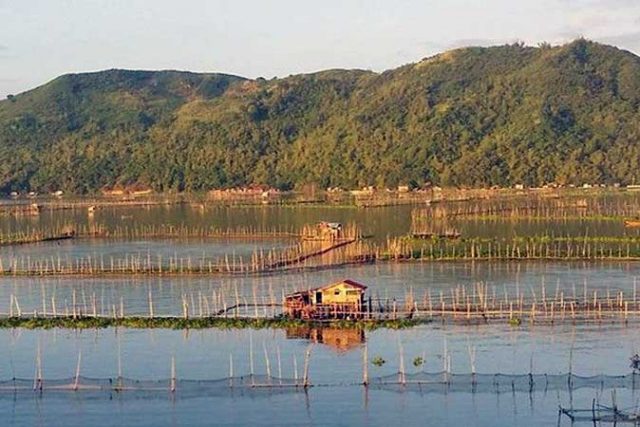
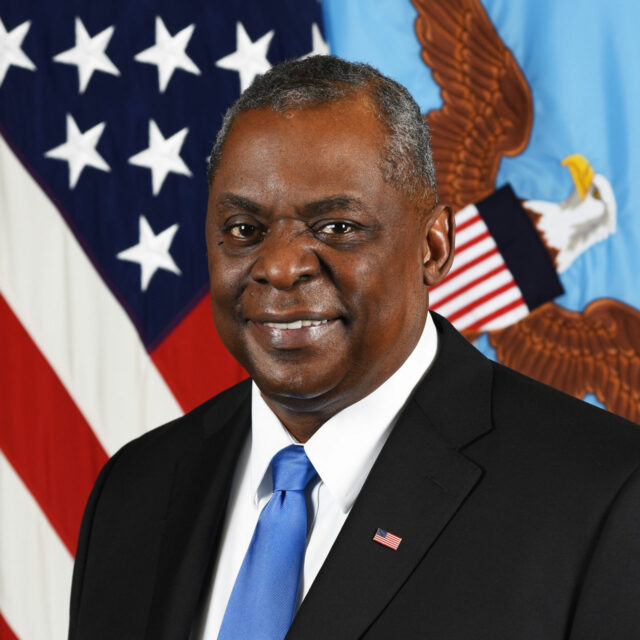
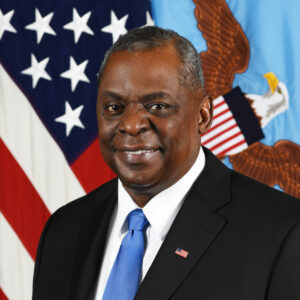
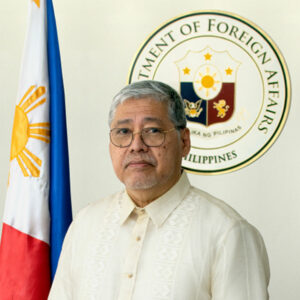
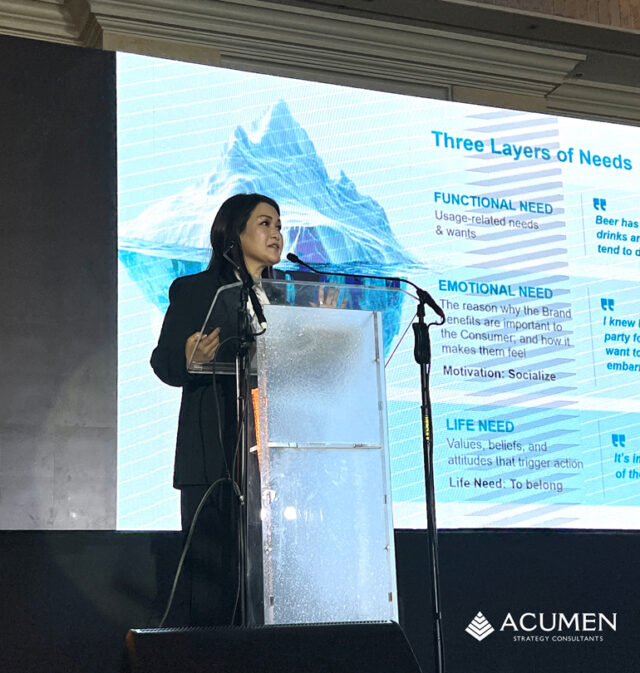

 Every week, 10 participants will be selected, with each winning a complete set of “Nasa Atin ang Panalo” merchandise. This includes an exclusive t-shirt, canvas bag, and a karaoke box.
Every week, 10 participants will be selected, with each winning a complete set of “Nasa Atin ang Panalo” merchandise. This includes an exclusive t-shirt, canvas bag, and a karaoke box.


